
MEA’s NSW Awards deliver a variety of winners
The Meetings and Events Australia (MEA) state awards ceremony for New South Wales recognised the best in the

The Meetings and Events Australia (MEA) state awards ceremony for New South Wales recognised the best in the
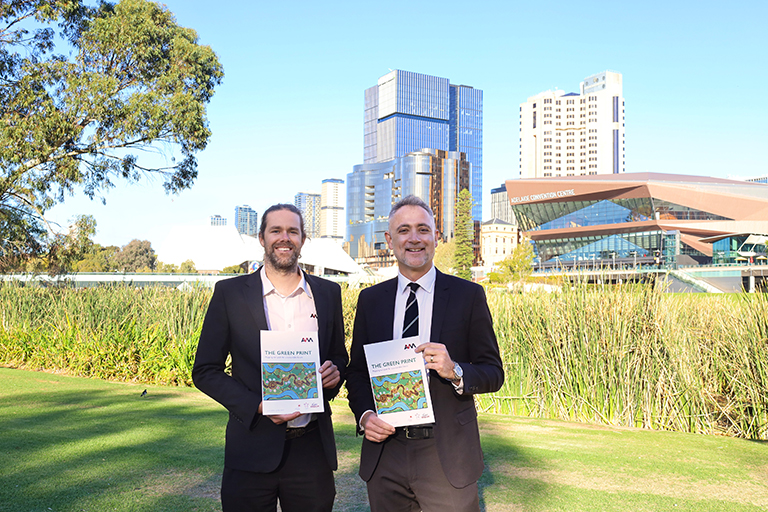
The operator of Adelaide Convention Centre has revealed its first Environmental Social Governance (ESG) strategy which will guide
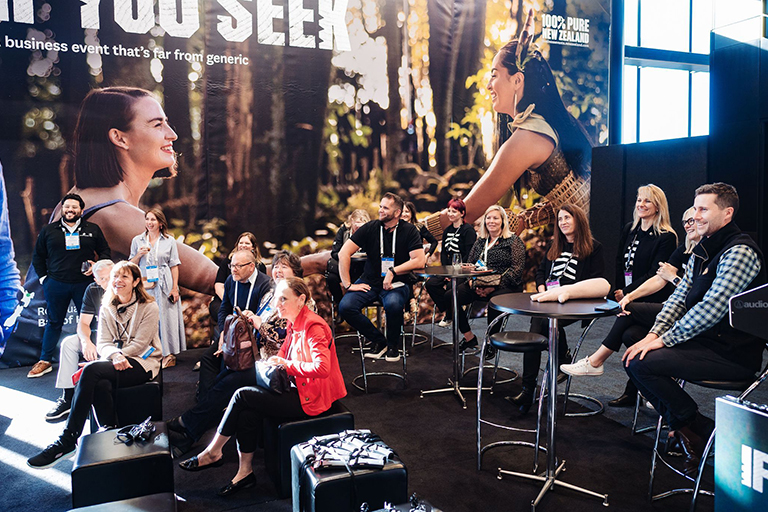
New Zealand’s business events trade show MEETINGS is introducing new education sessions for 2024.

Indonesia’s tourism strategy of promoting “five new Balis” is being extended to business events.
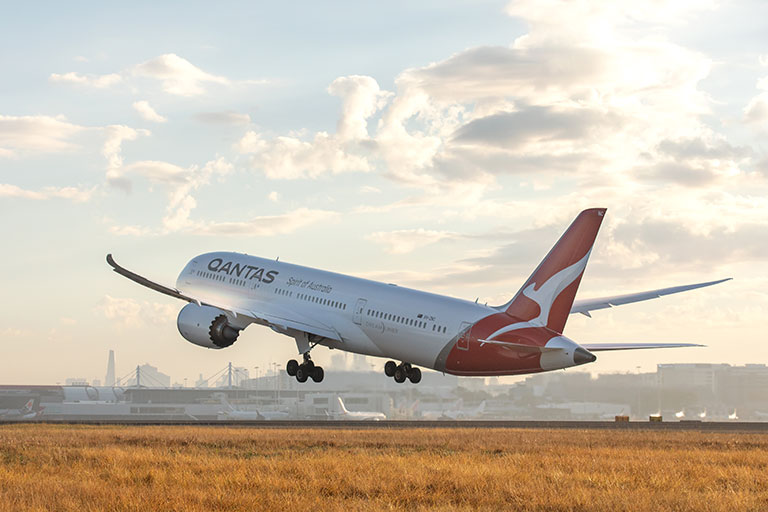
Qantas and the Australian Competition and Consumer Commission (ACCC) have settled for much less than was originally suggested.
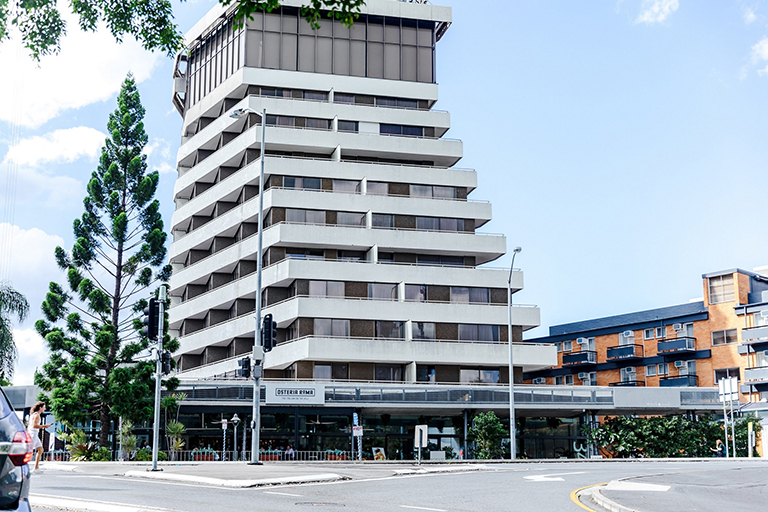
Accor has picked up the management agreement for a Brisbane hotel while another Ovolo property has passed into
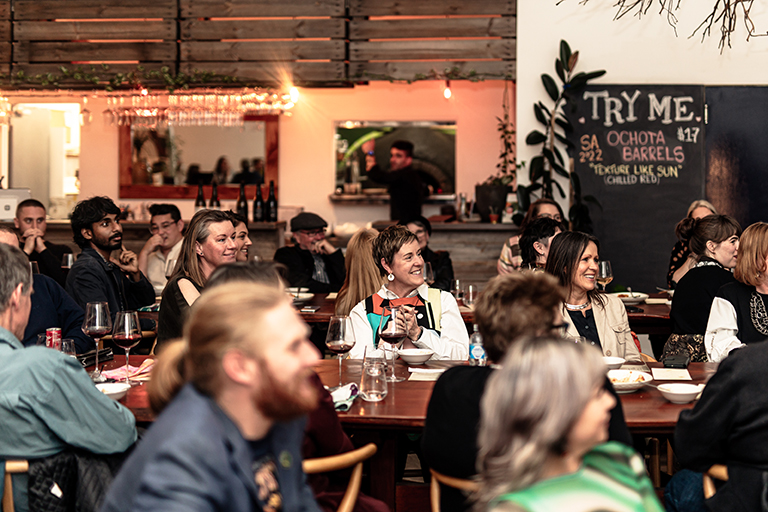
In a first for northern Tasmania, Launceston will host the 25th Symposium of Australian Gastronomy (SAG 25) in
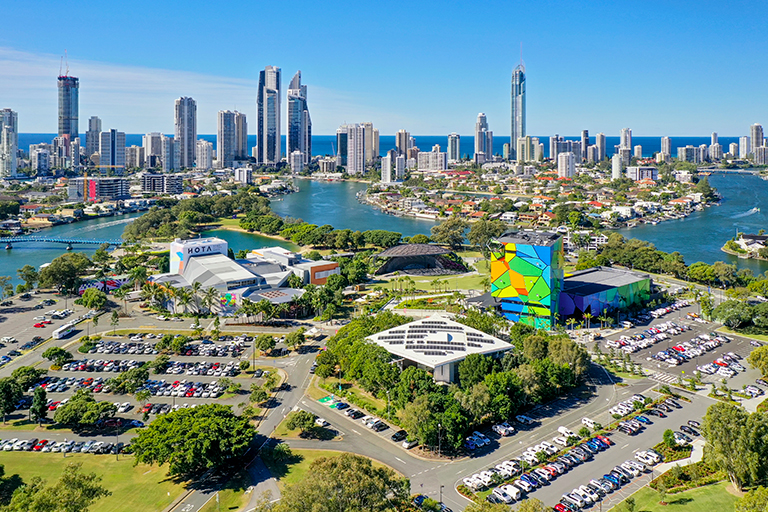
The new videos focus on the incentive and association conference market, aiming to increase desire for organisers to
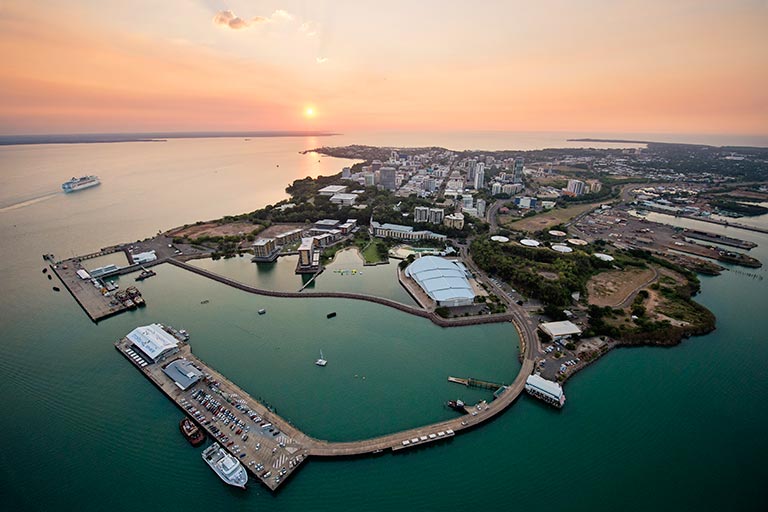
The owner, developer and operator of Darwin’s newest hotel come as a package deal and will see a
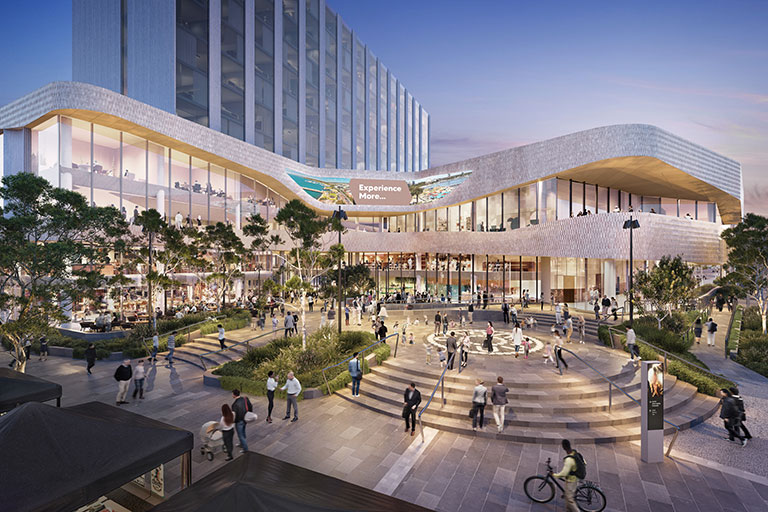
As Victoria’s second city eagerly awaits the completion of its new $456 million convention centre precinct, there’s an
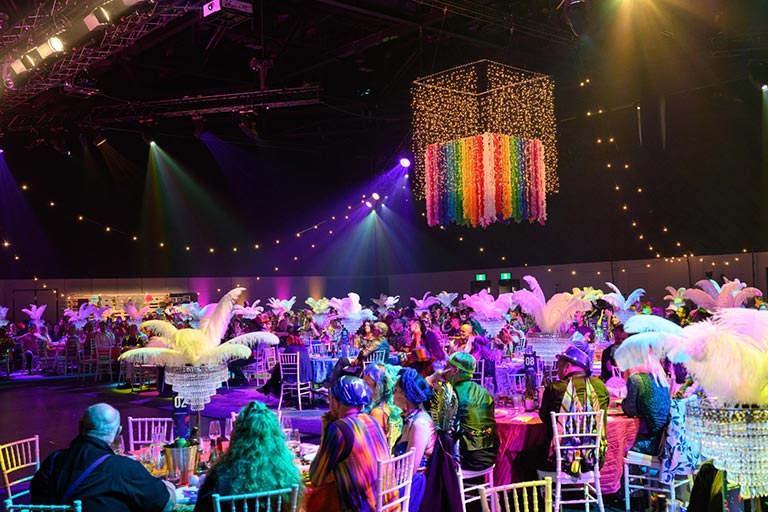
The first of New Zealand’s three new next-generation convention centres has hosted more than 200,000 attendees in its
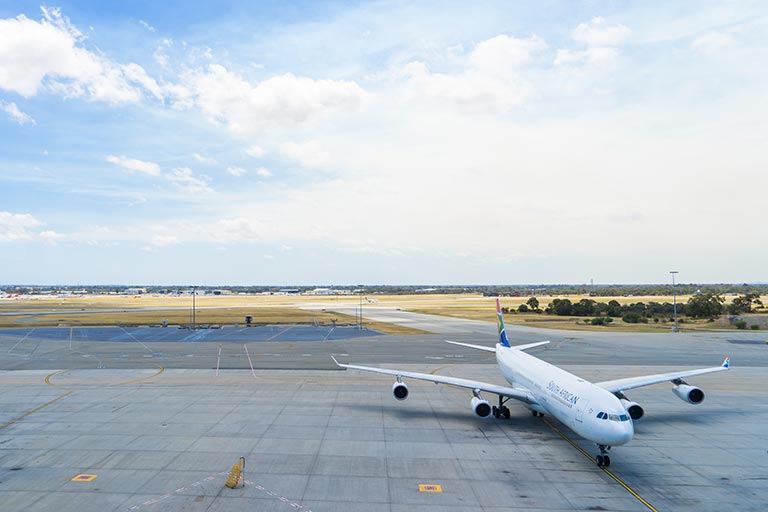
Perth is celebrating the return of a key route, while Air New Zealand has delayed the return of